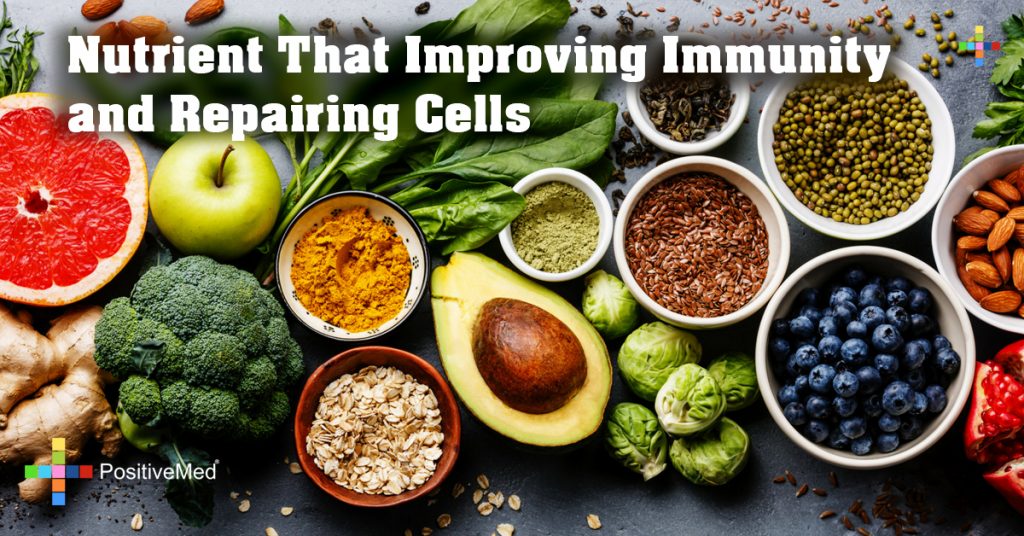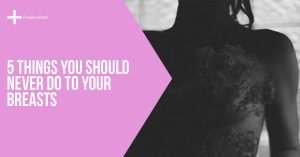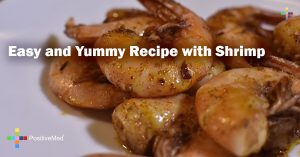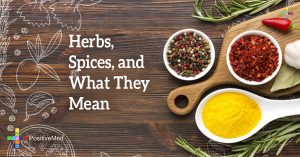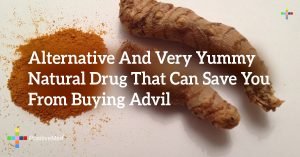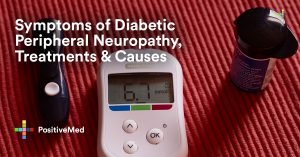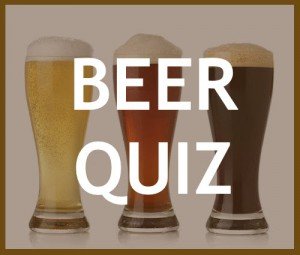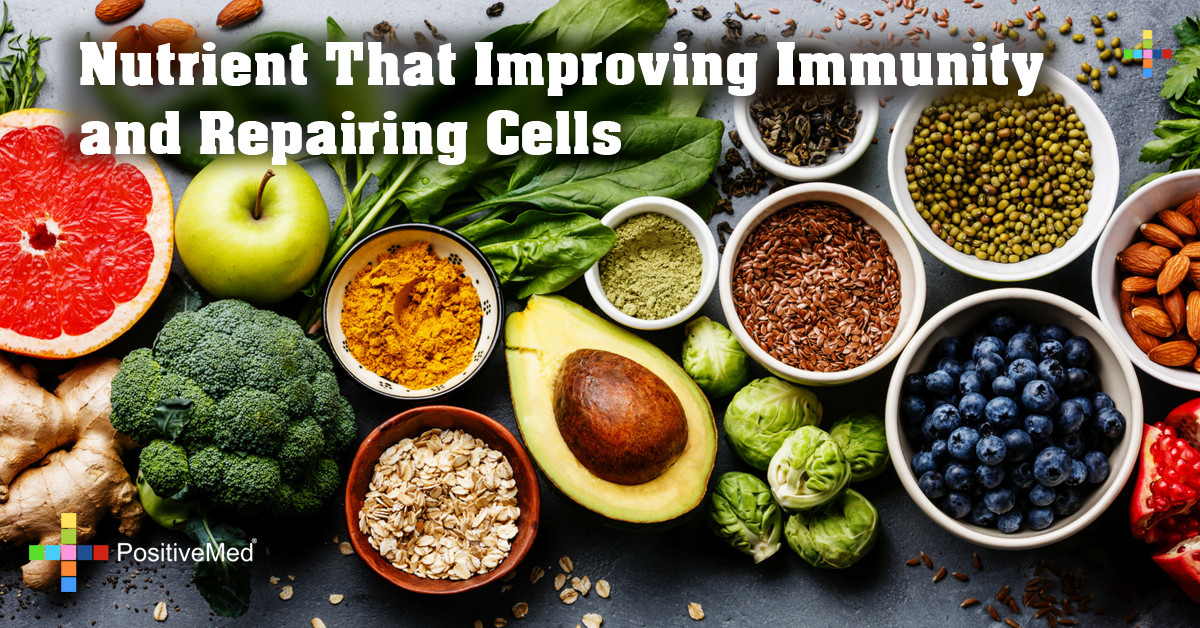
Nutrient That Improving Immunity and Repairing Cells
[nextpage title=”…”]
While people may think to only take zinc to help cure a cold, it is actually very important to maintain overall health all of the time. Zinc is necessary in small amounts each day for the body to be able to perform its functions. It benefits the body in several ways, such as improving immunity, helping with the production of hormones, facilitating digestion, and repairing cells.

What is Zinc?
Zinc is a transition metal and essential trace element. It is responsible for several functions in the body, as well as stimulates the activity of enzymes. Zinc is naturally found in various foods, but is also available in supplement form. Vegetarians may have a more difficult time getting adequate zinc because vegetarian foods such as soy and whole grains are natural inhibitors of the absorption of zinc. Alternatively, zinc that is found in meat is absorbed more effectively.
Health Benefits of Zinc
There are many health benefits of zinc beyond treating a common cold. Some of these include:
improving immunity
treating diarrhea
regulating neurons in the brain
healing wounds
stimulating proper growth
decreasing the risk of chronic disease
preventing macular degeneration
increasing fertility in men
Recommended Zinc Intake
The recommended daily allowance for zinc is 8 mg/day for women, and 11 mg/day for men. It is especially important for children to get enough zinc into their diets because even a small deficiency in the mineral can stunt their growth and increase their risk of diseases and infections.

RELATED ARTICLE: See How Eating Garlic May Affect Your Sperm Count and Fertility!
[/nextpage] [nextpage title=”…”]
Children who are 1-8 years old should take between 3-5 mg/day, and increase their intake as they age. Boys who are 9-13 years old should take 8 mg/day, increasing that to 11 mg/day once they hit the age of 14.
For girls who are over 8, the zinc requirement remains at 8 mg/day, until the age of 14, when the requirement increases to 9 mg/day.
Pregnant women should increase their zinc intake to 11-13 mg/day, depending on their age. While zinc supplements can be purchased, it is best to consume zinc through a daily diet of healthy foods. Studies have shown that taking supplements that isolate certain nutrients do not provide equal health benefits as getting the nutrient from food. Vitamins and minerals in foods work together to benefit the body and oftentimes can do little to benefit you if they are on their own. Only use supplements if you are unable to get your recommended amount of zinc through your diet.
Zinc Sources
The best sources of zinc are meats, beans, seafood, nuts, dairy, and whole grain cereals. Zinc is commonly added to breakfast cereals and fortified foods as well. Foods with the highest reported zinc content are:
raw oysters
lean beef
baked beans
king Alaskan crab
lobster
pork loin
peas
wild rice
Excessive Zinc Intake
Consuming too much zinc can also cause health problems, as it suppresses the absorption of copper. It is best to stay right in the dietary guidelines for optimal health. Some side effects of having too much zinc include:
headache
stomach pain
nausea
vomiting
loss of appetite
Zinc is an important metal to our body’s functions and it is important to get enough into your diet to stay healthy and prevent developments of diseases. While supplements can help, it is recommended to get as much zinc as possible through a healthy diet.
[/nextpage]
